Should wisdom teeth be removed ?
 A note on terms . The eighth teeth, known as wisdom teeth often do not reach the chewing surface. They are located just below the gums and cause pain and /or a sickly sweet smell. Medical experts refer to them as „retained eights“, the term retention refers to a position of the wisdom teeth, in which after the root finishes growing the teeth do not reach the chewing surface.
A note on terms . The eighth teeth, known as wisdom teeth often do not reach the chewing surface. They are located just below the gums and cause pain and /or a sickly sweet smell. Medical experts refer to them as „retained eights“, the term retention refers to a position of the wisdom teeth, in which after the root finishes growing the teeth do not reach the chewing surface.
–
 A tooth is referred to as partially retained when parts of the crown touch the oral cavity, or the teeth are connected to the oral cavity via the parodontal apparatus (gum pocket) of the neighboring 12-year molars (7s).
A tooth is referred to as partially retained when parts of the crown touch the oral cavity, or the teeth are connected to the oral cavity via the parodontal apparatus (gum pocket) of the neighboring 12-year molars (7s).
–
–
–
–
–
 Teeth which have absolutely no contact to the oral cavity are described as fully retained.
Teeth which have absolutely no contact to the oral cavity are described as fully retained.
–
–
–
–
–
–
 The term impacted wisdom teeth means that the wisdom tooth is fully embedded in bone.
The term impacted wisdom teeth means that the wisdom tooth is fully embedded in bone.
–
–
–
–
–
–
 A tooth is termed displaced if its axis or position diverges from the usual direction in which a tooth comes out.
A tooth is termed displaced if its axis or position diverges from the usual direction in which a tooth comes out.
–
–
–
–
–
–
When should wisdom teeth be removed?
They should be removed:
- if there are acute or chronic infections in the area around the wisdom teeth (Dentitio difficilis)
- if there are severe cavities involving the dental nerve (if cavity damage is so severe that the teeth cannot be restored or the dental nerve is so inflammed as to be beyond treatment)
- if there are indications that a wisdom tooth is causing pain
- if x-rays show changes to the area around the wisdom tooth which cannot be treated (e.g. cysts)
- resorption of neighboring teeth
- to treat or contain the spread of parodontal diseases
- if they would get in the way of jaw or reconstructive surgery
- for teeth located in a crack, which would make it difficult to treat fractures of the jaw
- if the tooth is needed for a transplant
- if the elongated/tilted wisdom tooth keeps a patient from biting down properly
Removal may be a good idea
- for general reasons having to do with a patient’s living conditions (e.g. lack of access to medical care etc.)
- if other treatment is performed under general anaesthesia and anaesthesia would again have to be used to remove the tooth
- when inserting dentures, if the tooth is expected to come out due to bone atrophy or pressure from the denture
- to facilitate orthopedic work (braces)
Wisdom teeth do not need to be removed:
- if they are expected to take up their regular place in a row of teeth
- if extraction of other teeth and/or orthopedic treatment which would set the tooth right is planned
- if teeth are deeply impacted or displaced but not pathological, and there would be a high risk of complications when operating
–
Ambulant treatment is usually sufficient.
Wisdom teeth can be removed individually or several/ all in one session.
–
Treatment under general anasthesia/ sedation may be required if the patient is not expected to be cooperative, if the treatment is complex, if there are risk factors or at the patient’s request.
–
Stationary treatment may be required if the patient has other illnesses or in connection with specific procedures.
–
The necessity of antibiotics before and after an operation has not been scientifically established. A general recommendation is not possible at this time. Pain treatment may help to reduce swelling, but is not always necessary.
–
Source: 2009_RZE_Indications
Wisdom teeth removal– when is the right time to remove wisdom teeth?,
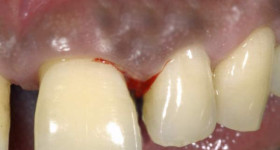

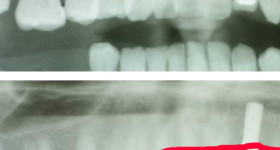
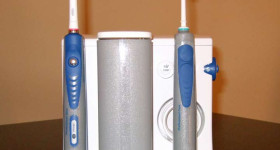
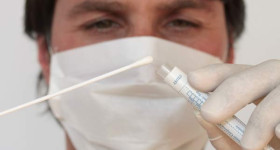
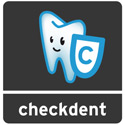
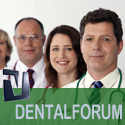


[…] are some of the signs that the time has come to remove a wisdom tooth. […]